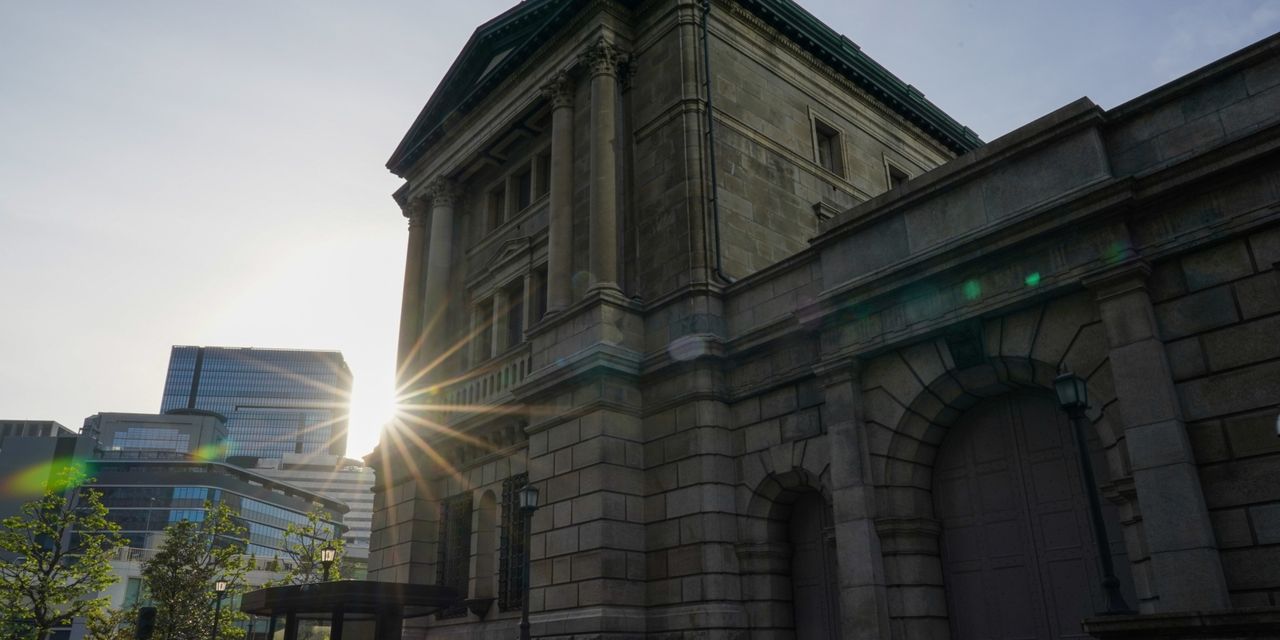TOKYO — The Bank of Japan made a surprise decision to let a benchmark interest rate rise to 0.5% from 0.25%, pushing the yen higher and ending a long period in which it was the only major central bank not to increase rates.
The BOJ said the yield on the 10-year Japanese government bond could rise as high as 0.5% from a previous cap of 0.25%. The central bank has set a target range around zero for the benchmark government bond yield since 2016 and used that as a tool to keep overall market interest rates low.
The 10-year yield, which had been stuck around 0.25% for months because of the central bank cap, quickly moved up to 0.46% in afternoon trading.
The yen rose in tandem. In Tuesday afternoon trading in Tokyo, one dollar
USDJPY,
bought between 133 and 134 yen, compared with more than 137 yen before the BOJ’s decision.
The Nikkei Stock Average
NIK,
which had been slightly higher in the morning, was down more than 2% as investors digested the possibility that companies would have to pay higher interest on their debt. Also, the weak yen has pushed up profits for many exporters, so a stronger yen could be negative for stocks.
An expanded version of this report appears on WSJ.com.
Also popular on WSJ.com:
Entrepreneur’s death at hands of Austin police prompts calls for change.

